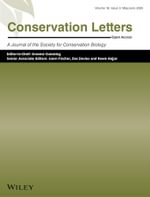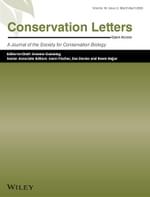Social Epistemology: A Journal of Knowledge, Culture and Policy
DOI:10.1080/02691728.2015.1108373 Nick Bostrom, Thomas Douglas & Anders Sandberg Received: 21 Nov 2014 Accepted: 12 Jun 2015 Published online: 26 Jan 2016
ViewIn some situations a number of agents each have the ability to undertake an initiative that would have significant effects on the others. Suppose that each of these agents is purely motivated by an altruistic concern for the common good. The papers authors show that if each agent acts on her own personal judgment as to whether the initiative should be undertaken, then the initiative will be undertaken more often than is optimal. They suggest that this phenomenon, which we call the unilateralist’s curse, arises in many contexts, including some that are important for public policy. To lift the curse, they propose a principle of conformity, which would discourage unilateralist action. They consider three different models for how this principle could be implemented, and respond to an objection that could be raised against it.





